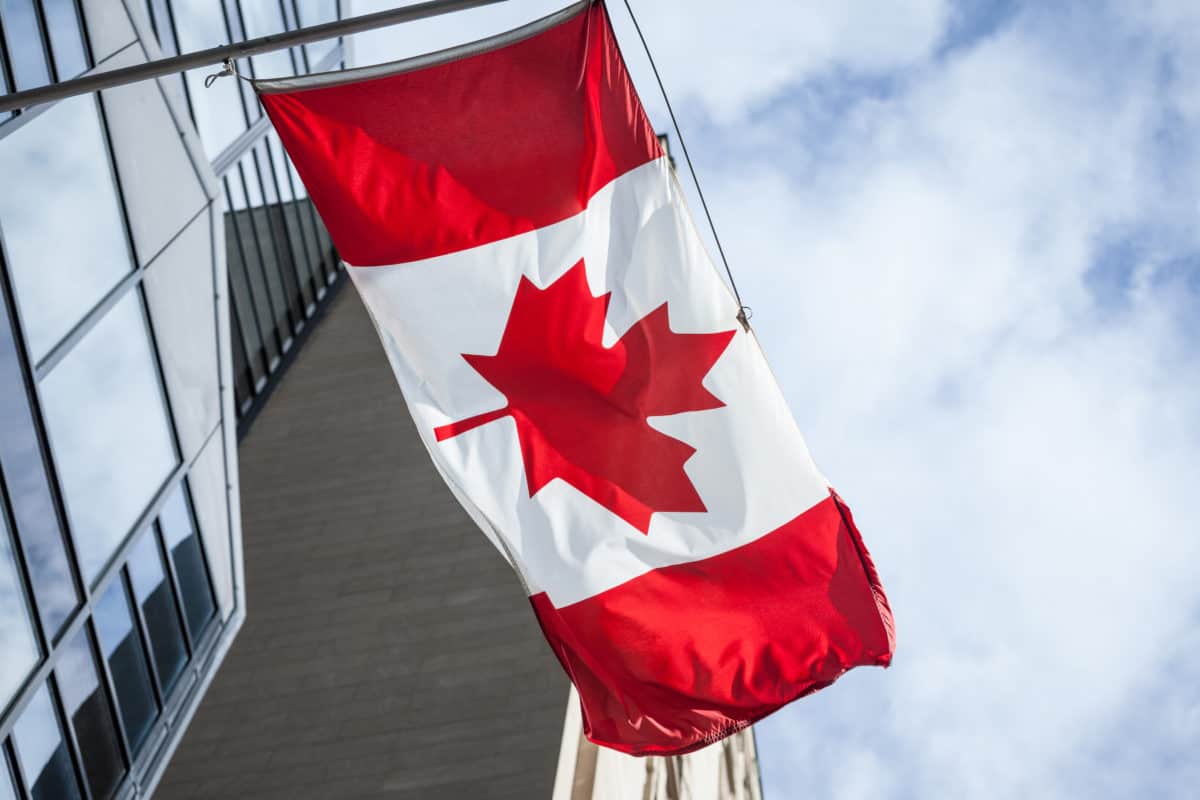
TUCSON, Ariz.: The U.S. government has halted flights home for Mexicans caught entering the country illegally in the deadly summer heat of Arizona’s deserts, a money-saving move that follows a seven-year experiment that cost taxpayers nearly $100 million.
More than 125,000 passengers were flown deep into Mexico for free since 2004 in an effort that initially met with skepticism from Mexican government officials and migrants, but was gradually embraced as a way to help people back on their feet and save lives.
The Border Patrol hailed it as a way to discourage people from trying their luck again, and it appears to have kept many away – at least for a short time.
But with Border Patrol arrests at 40-year lows and fresh evidence suggesting more people may be heading south of the border than north, officials struggled to fill the planes and found costs more difficult to justify. Flights carrying up to 146 people were cut to once from twice daily last year.
And this summer, there haven’t been any.
The U.S. Department of Homeland Security, which includes the Border Patrol, said it anticipates flights will resume next month in a redesigned program.
A U.S. official who spoke on condition of anonymity because an agreement has not been reached said flights in the redesigned program would be for Mexicans arrested throughout the United States and run year-round. It would be designed for a mix of Mexicans who committed crimes in the United States and non-criminals.
“Removing Mexican nationals to the interior of Mexico is part of an effort to reduce repeat attempts to illegally enter the United States, avoid the loss of human life and minimize the potential for exploitation of illegal migrants by human smuggling and trafficking organizations as well as other organizations,” the department said in a statement.
The flights had operated only in the summer and only in Arizona, designed as a humanitarian effort in response to the many migrants who have died over the last decade trekking through remote deserts in debilitating heat.
In an effort to keep the flights going with fewer migrants crossing, American authorities proposed mixing in Mexicans who commit crimes while living in the U.S.
“Everything comes down to dollars and cents,” said George Allen, assistant chief of the Border Patrol’s Tucson sector. “We’re running into a more budget-conscious society, especially with the government.”
He added, “Does it fit within our budget and is there an alternative that is not as effective but still effective?”
The Mexican government balked at seating hardened criminals next to families, elderly and the frail who recently crossed the border in search of work.
“Right off the bat, I can tell you that Mexico was not going to allow, nor will it ever allow, that kind of repatriation, which puts families’ safety at risk,” said Juan Manuel Calderon, the Mexican consul in Tucson.
U.S. and Mexican negotiators also discussed changing the route from El Paso, Texas, where many Mexicans with criminal records are held, to the central Mexican state of Guanajuato. In the past, the route has been from Tucson, Ariz., to Mexico City.
U.S. Homeland Security Janet Napolitano and Mexico Interior Secretary Alejandro Poire said in February that they planned to launch a pilot program April 1 to fly migrants arrested while living in the United States deep into Mexico. The pilot program was partly a response to complaints from Mexican border cities that too many deportees were being dumped on their streets and contributing to crime and unemployment.
“We wanted to maximize the flight and we couldn’t come to an agreement,” said Allen. “They were close. It may happen next year, but by the time it drug on, we got through July and for a short period of time, it wouldn’t have been realistic.”
The U.S. official who declined to be named said costs have been only one factor.
“The reason why (flights were halted this summer) is because we’re still in negotiations with the government of Mexico,” the official said.
The Mexican Interior Repatriation Program flights carried 125,164 passengers at a cost of $90.6 million since 2004, or an average of $724 each, according to U.S. Immigration and Customs Enforcement, which manages all flights for deportees.
The flights ran as few as 38 days in 2009 and as many as 120 days in 2010, when a record 23,384 passengers were flown. Last year, there were 8,893 passengers flown at a cost of $5 million an average of $562 each.
The flights became a key piece of Border Patrol enforcement in Arizona as the agency moved to end its decades-old, revolving-door policy of taking migrants to the nearest border crossing to try again hours later.
The agency’s new strategy, introduced in Tucson last year and later extended to the entire border, relies on tougher punishments that were rolled out in recent years. One calls for jail for up to six months and another one buses migrants to border cities hundreds of miles away to be deported there.
The one-way flights to Mexico City were aimed at first-time offenders and families. They were always voluntary and Allen said about 70 percent declined when they were introduced. But, as jail time and other punishments became more common, migrants increasingly jumped at the opportunity.
Without the flights, the Border Patrol is relying more on other punishments. It sends 70 people to federal court in downtown Tucson each weekday to face jail time. Deportation buses head east daily to Del Rio, Texas, and, when there are enough people to fill the seats, west to San Diego or Calexico, Calif. -AP






